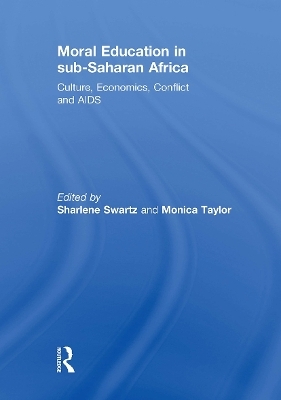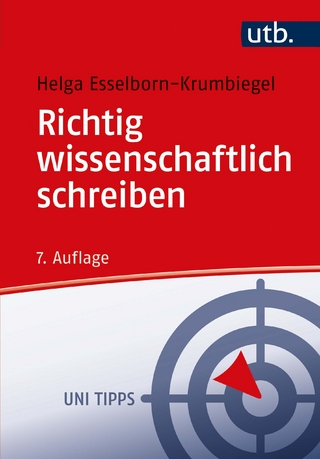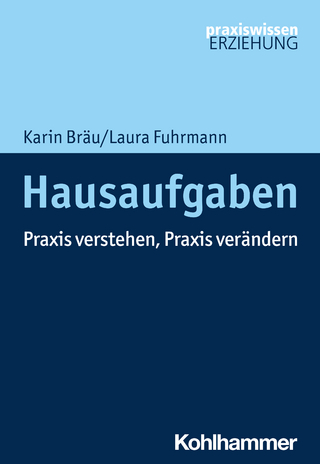
Moral Education in sub-Saharan Africa
Routledge (Verlag)
978-1-032-92997-2 (ISBN)
This book was published as a special issue of the Journal of&nb
The term ‘moral’ has had a chequered history in sub-Saharan Africa, mainly due to the legacy of colonialism and Apartheid (in South Africa). In contrast to moral education as a vehicle of cultural imperialism and social control, this volume shows moral education to be concerned with both private and public morality, with communal and national relationships between human beings, as well as between people and their environment. Drawing on distinctive perspectives from philosophy, economics, sociology and education, it offers the African ethic of Ubuntu/Botho as a plausible alternative to Western approaches to morality and shows how African ethics speaks to political and economic life, including ethnic conflict and HIV/AIDS, and may be an antidote to the current practice of timocracy that values money over people.
The volume provides sociological tools for understanding the lived morality of those marginalised by poverty, and analyses the effects of culture, religion and modern secularisation on moral education. With contributions from fourteen African scholars, this book challenges dominant frameworks, and begins conversations for mutual benefit across the North-South divide. It has global implications, not just, but especially, where moral education is undertaken in pluralist contexts and in the presence of economic disparity.
This book was published as a special issue of the Journal of Moral Education.
Sharlene Swartz is a sociologist and senior research specialist at the Human Sciences Research Council in South Africa, and a visiting research fellow at the University of Cambridge. She holds a masters degree from Harvard University and a PhD in the sociology of education from the University of Cambridge. Monica Taylor is a philosopher who has worked in a national educational research organisation in the UK and has edited the Journal of Moral Education for 35 years. She is currently a Research Associate at the Institute of Education, University of London and the President of the Asia Pacific Network for Moral Education.
1. Introduction: The pain and the promise of moral education in sub-Saharan Africa Sharlene Swartz 2. The African ethic of Ubuntu/Botho: implications for research on morality Thaddeus Metz and Joseph Gaie 3. The death of democracy and the resurrection of timocracy Mogobe B. Ramose 4. ‘Moral ecology’ and ‘moral capital’: tools towards a sociology of moral education from a South African ethnography Sharlene Swartz 5. Continuity and change in the development of moral education in Botswana Yonah H. Matemba 6. Moral education in a post-conflict context: the case of Burundi Herménégilde Rwantabagu 7. Post-conflict teacher development: facing the past in South Africa Gail Weldon 8. ‘Deceptive’ cultural practices that sabotage HIV/AIDS education in Tanzania and Kenya Mary Oluga, Susan Kiragu, Mussa Mohamed and Shelina Walli 9. Recent work in African ethics Thaddeus Metz 10. The moral tensions of HIV/AIDS in sub-Saharan Africa Julia De Kadt, Tawanda Makusha and Linda Richter
| Erscheinungsdatum | 16.10.2024 |
|---|---|
| Verlagsort | London |
| Sprache | englisch |
| Maße | 174 x 246 mm |
| Gewicht | 281 g |
| Themenwelt | Sozialwissenschaften ► Pädagogik |
| ISBN-10 | 1-032-92997-9 / 1032929979 |
| ISBN-13 | 978-1-032-92997-2 / 9781032929972 |
| Zustand | Neuware |
| Haben Sie eine Frage zum Produkt? |
aus dem Bereich


